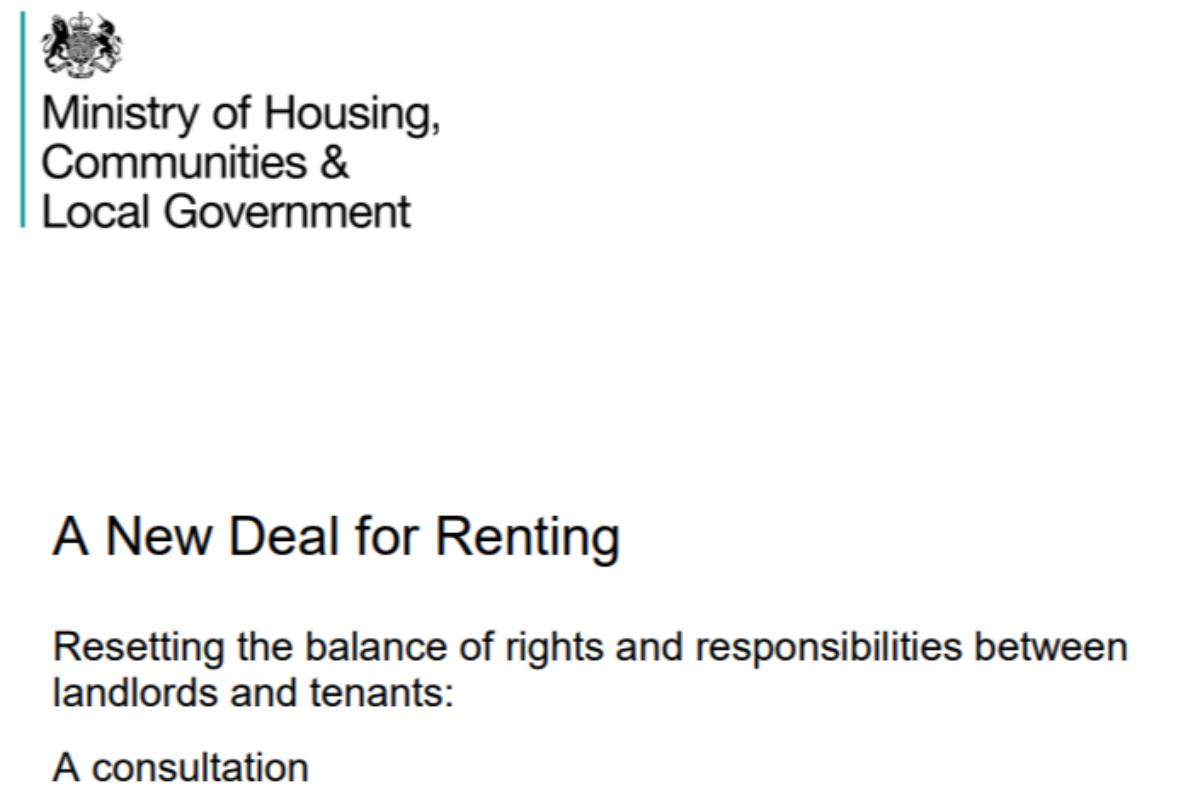
With the government revealing plans to abolish Section 21 evictions, as a landlord, you may be worried about your remaining options.
Here are 7 other notices all landlords need to know.
Section 8 notices
While the government is planning to abolish Section 21 notices, which allows landlords to evict tenants without giving a reason, this doesn’t mean landlords lose their ability to evict tenants with good reason.
Section 8 is a notice that can be used by landlords within a tenant’s fixed term agreement, and when a tenant has breached their tenancy agreement. The breach could be for a reason such as non-payment of rent, antisocial behaviour or damage to property.
What’s great about a Section 8 notice is that landlords can reduce their financial losses by evicting a tenant, with the minimum notice period being as little as 14 days. This is dependent however on what terms have been broken.
With the changes surrounding eviction notices, the government has already revealed they’ll be supporting landlords in the event of the need for a Section 8 notice by making the court process much quicker for resolving disputes.
Section 8 notice must include:
Name and address of both the landlord and tenant
Date the notice is served
Repossession date
The statutory grounds that the tenant violated
The Section of the Housing Act being relied on
Section 48 notice
In order to serve an eviction notice, landlords must provide the correct legal documents for tenants. Section 48 assures that tenants are provided with an address to serve notices on the landlord. It should be noted though, that this does not have to be the landlord's place of home, or disclose their name.
As long as the address is within England and Wales, the address can be of a managing agent rather than the landlord.
Without Section 48, according to the court, rent cannot be demanded from a tenant unless they have a name and address to send it to. Albeit, if you have yet to submit your Section 48 notice and counts as served, all rent is lawfully due in full, even if it is backdated.
Typically this notice is included in your tenancy agreement but if it is not, or your agreement was made verbally, a Section 48 notice must be served.
Section 3 notice
If the original landlord chooses to transfer the interest of their property to someone else, tenants must be made aware. The new landlord has two months after the property transfer to serve this notice.
This notice does require the name and home address of the landlord. Failure to serve the Section 3 notice leaves the old landlord still liable for any breach of contract and the new landlord can be prosecuted and fined up to £2,500.
Notice of entry
If a landlord wants to enter their rental property whilst a tenant is living in it, they have to give tenants at least 24 hours prior notice. This notice has to be in writing and give details of the specific date and time for entering.
There are standard rules that a landlord must abide by such as only entering the property between 8am and 8pm.
Landlords also have to possess a legitimate reason for why they want to enter the property. These include inspecting the property, making repairs or showing prospective tenants around the property.
Even if someone will be entering the property on behalf of the landlord, the landlord still has to provide a notice of entry to tenants.
Rent increase notice
Are you thinking of increasing your tenant’s rent? How you broach the subject depends on your tenant’s tenancy agreement. If a tenant pays their rent weekly or monthly, then you have to give your tenant at least a month’s notice. For a yearly tenancy, then the notice has to be six months.
You must have your tenant’s permission and a signed written agreement between yourself and the tenant before making any changes to the rental price of a property.
Section 47 notice
This notice is used to demand rent or service charges from a tenant in writing. When sending written demands, as a landlord you must provide your name and actual address in England and Wales. Landlords will not see their demands paid until their name and address is provided.
While your online letting agent can fill out a number of forms, once the landlord is applying to court then the agent cannot sign or provide their address as a proxy for the landlord.
Renewal/Non-renewal notices
When a fixed-term tenancy is nearing its end, landlords have the option of extending the tenancy with a renewal notice or to serve a non-renewal notice to mark the end of the tenancy.
A renewal notice comes in handy if there are some terms you want to change from the original tenancy agreement, such as a rent increase.
In the cases of assured shorthold tenancies, landlords don’t need to serve a renewal or non-renewal notice. However, you may find your tenant who wishes to stay wanting to agree with a fixed-term tenancy with you instead.
There may be some instances where you don’t want your current tenant to ask for an extension of living in your rental property. In this case, you should issue a non-renewal notice which advises them that they will have to move out when their tenancy comes to an end.
Are you looking to find tenants for your rental property? Our Good Landlord package offers great value at just £12 a month and includes advertising on Rightmove and Zoopla.







